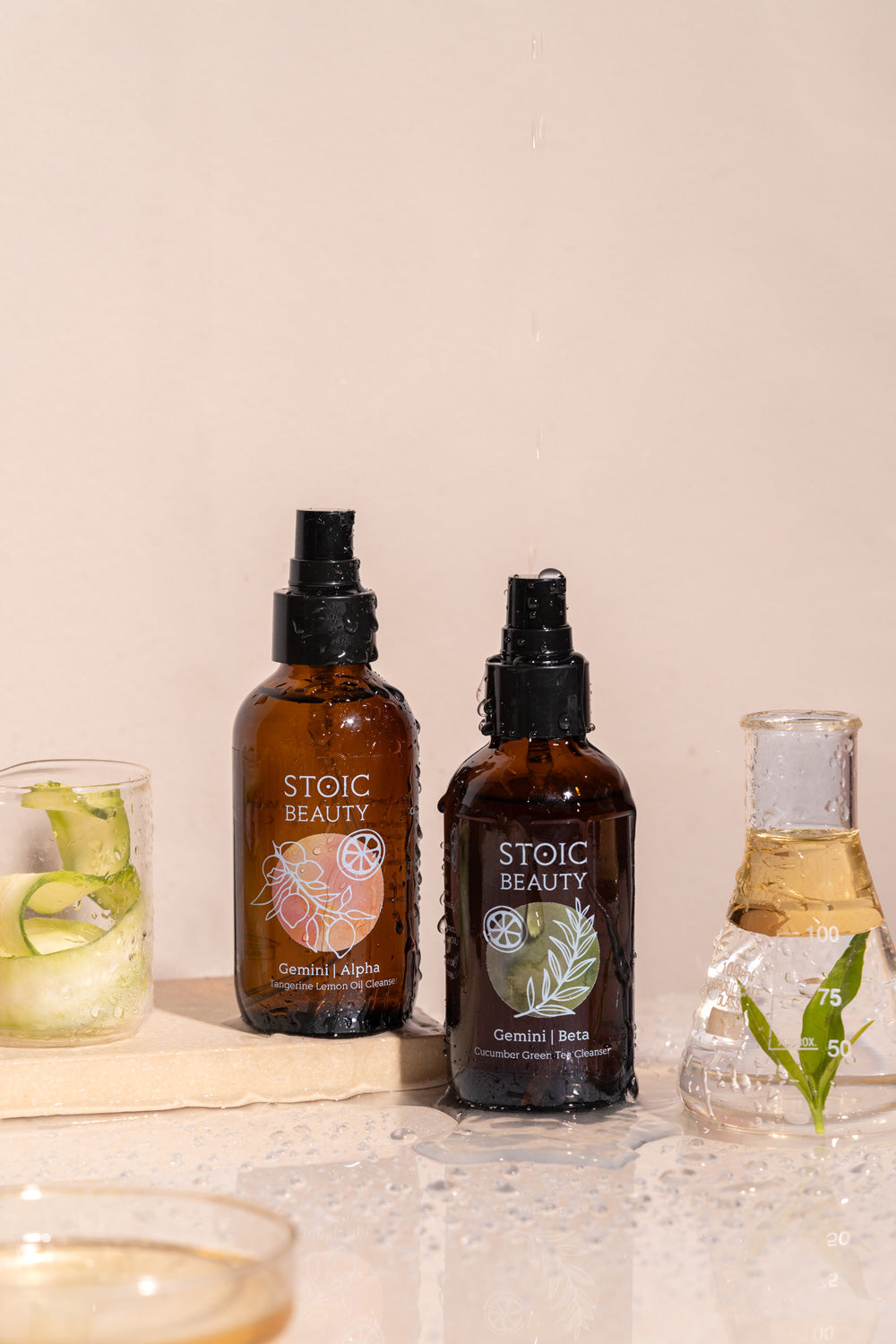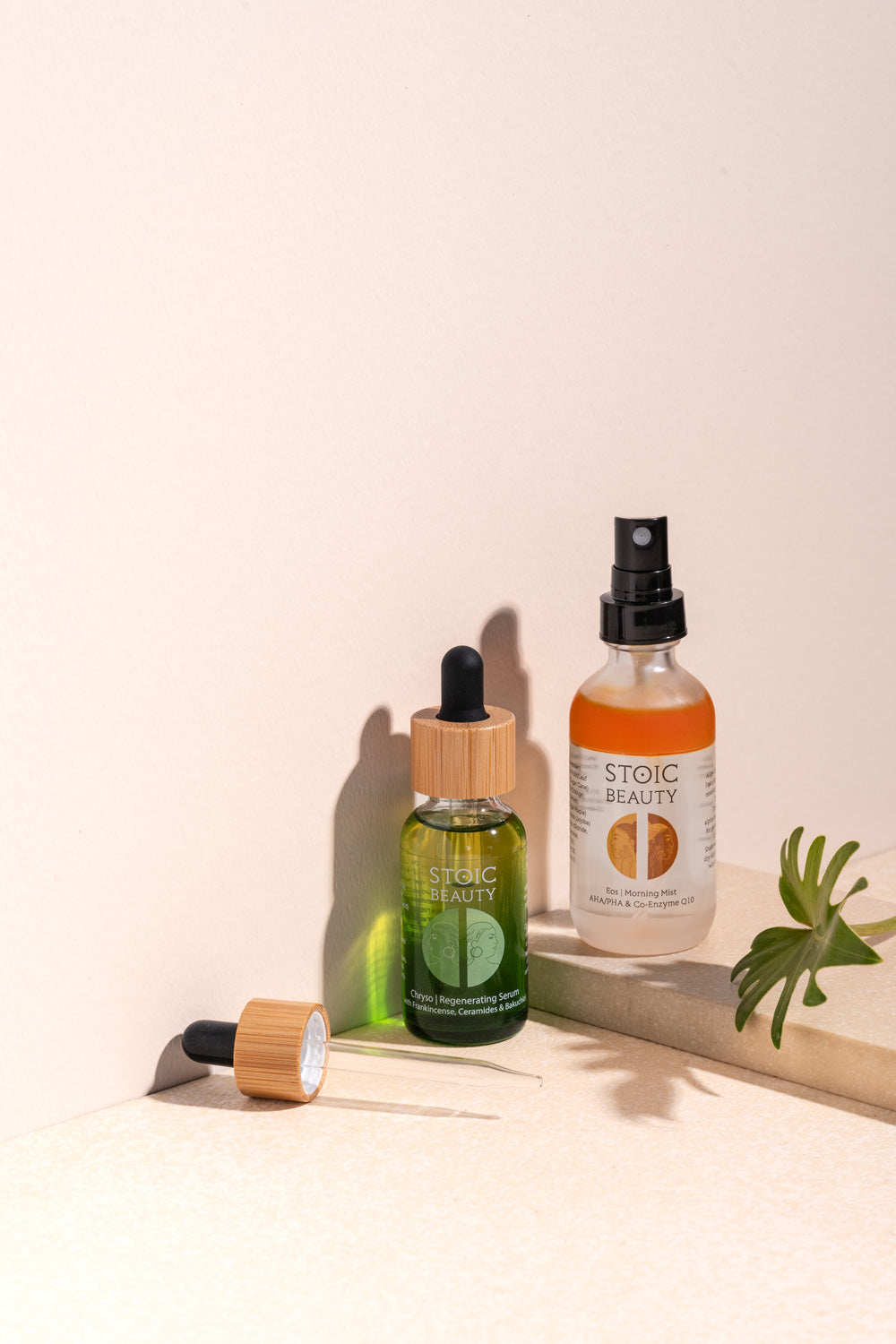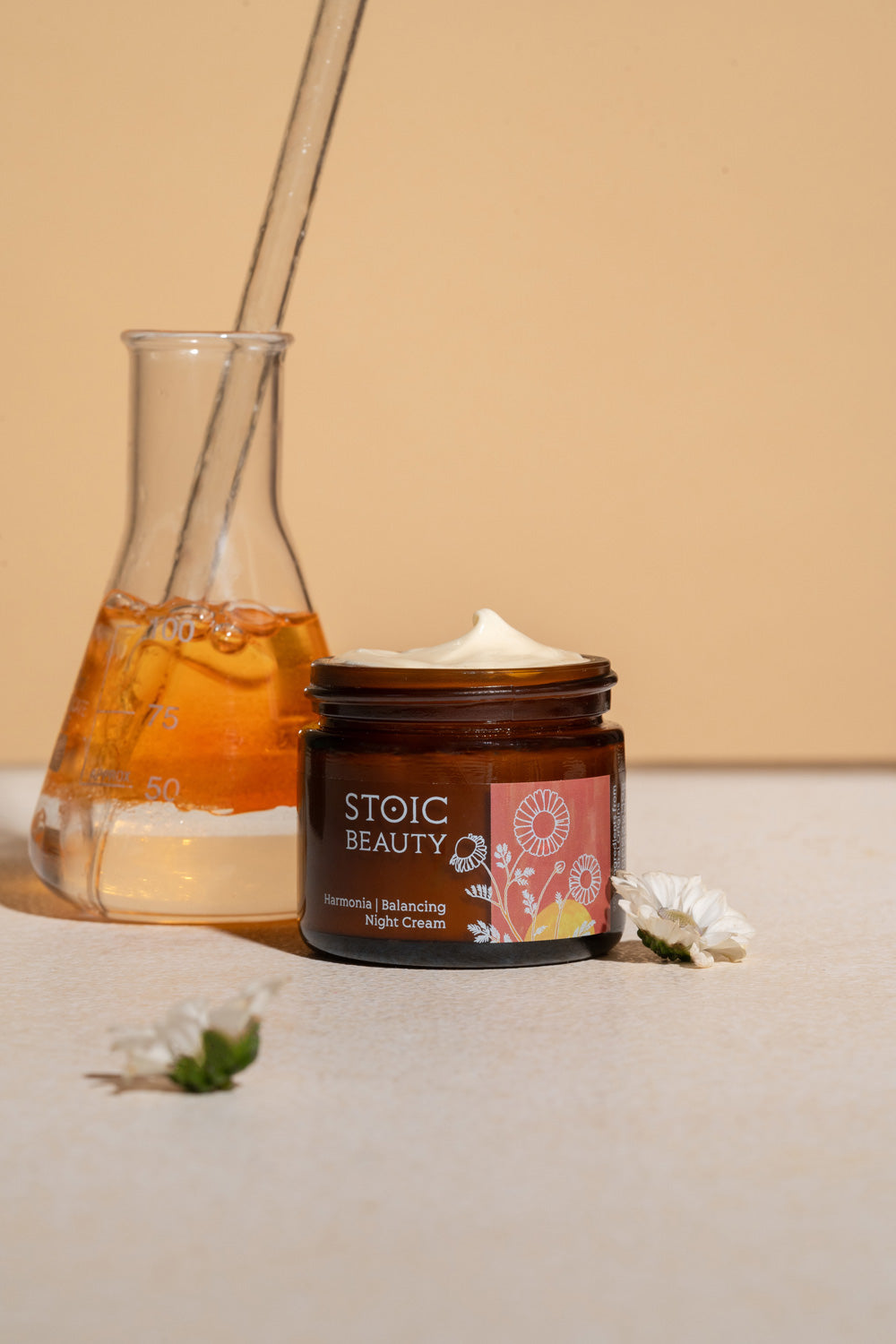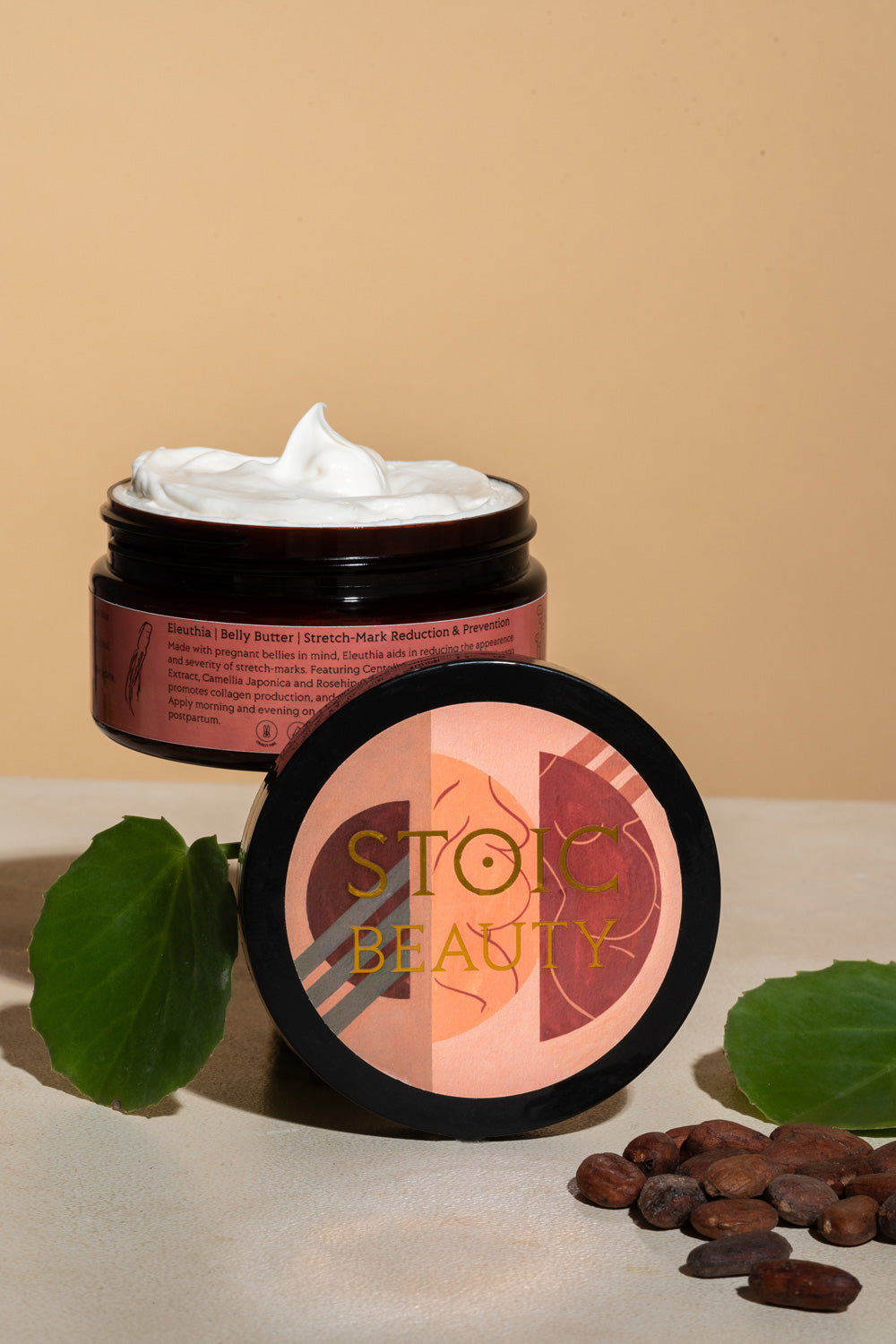
The Ultimate Guide to Skincare for Sensitive, Acne-Prone Skin
Embrace the Skinimalism Revolution with Nature's Allies and Scientific Elegance!
Hello, skincare enthusiasts! Navigating the world of skincare for sensitive, acne-prone skin can be a delicate dance. In this comprehensive guide, we'll explore the skinimalism revolution and introduce you to nature's allies like tea tree oil, tamanu oil, and holy basil hydrosol. Additionally, we'll delve into the world of scientifically elegant ingredients, including allantoin and DL Panthenol, to further enhance your skincare journey.
Skinimalism: Less is More
In a world of skincare abundance, the skinimalism revolution champions simplicity. For sensitive, acne-prone skin, the key is to embrace a minimal yet effective routine that caters to your skin's specific needs.
Assessing Skin Sensitivity
Before embarking on your skincare journey, assess your skin's sensitivity. Watch out for redness, itching, or burning sensations, and patch test new products to ensure they won't cause adverse reactions.
Ingredients to Avoid
Steer clear of potential irritants like alcohol-based products, artificial fragrances, and heavy oils.
While silicones will not clog your pores, their occlusive (barrier forming) properties can prevent active ingredients from penetrating the skin, and prevent your skincare from working its best. We recommend avoiding silicones such as:
- Dimethicone
- Cyclomethicone
- Cyclopentasiloxane
- Dimethiconol
- Trimethicone
- Polysiloxane
- Silica Dimethyl Silylate
Surfactants: The Good, the Bad, and the Ugly
The choice of cleanser can significantly impact sensitive skin. Harsh surfactants can strip your skin of its natural oils, leading to dryness and irritation. Opt for sulfate-free cleansers that effectively cleanse without over-drying. Look for mild surfactants like
✅ coco-glucoside,
✅ sodium cocoamphoacetate,
✅ lauryl glucoside and
✅ sodium cocoyl glutamate.
All of these are naturally derived, and offer a thorough cleanse without causing unnecessary irritation. Resist the urge to use cleansers overloaded with exfoliating acids. Sensitive skin can easily become irritated and the delicate moisture barrier damaged leading to dryness, increased acne flares and a vicious cycle of tempting you to over-exfoliate in the cleansing step. We formulated our Gemini Beta specifically to address this skin type: acne prone, sensitive skin.
Natural Allies
Nature's allies for sensitive, acne-prone skin:
- Tea Tree Oil: A potent antibacterial and anti-inflammatory agent combating acne-causing bacteria.
- Tamanu Oil: Healing properties that reduce inflammation and promote skin regeneration.
- Holy Basil (Tulsi) Hydrosol: Calming and purifying with antibacterial and anti-inflammatory benefits.
Scientific Elegance
Embrace the best of both worlds with scientifically elegant ingredients:
- Allantoin: This compound, found in comfrey plants, boasts healing and soothing properties. It aids in reducing inflammation and promoting skin repair.
- DL Panthenol: A provitamin of B5, DL Panthenol acts as a powerful moisturizer, promoting hydration and reducing inflammation.
Both allantoin and DL Panthenol exemplify the beauty of naturally derived synthetics. It's important to note that not all natural-sounding ingredients are universally good for the skin, and conversely, not all "chemical" sounding ingredients are far removed from their natural origins. These scientifically elegant compounds offer targeted benefits, enhancing your skincare routine without compromising on efficacy or safety.
Chemical Exfoliation vs. Physical Exfoliation
Bid farewell to abrasive physical exfoliants and opt for chemical exfoliation using ingredients like alpha hydroxy acids (AHAs) or beta hydroxy acids (BHAs). This gentler approach promotes cell turnover without causing microtears, contributing to a smoother complexion.
We're here to help you build a sustainable routine for sensitive, acne prone skin.
Sensitive, acne-prone skin demands a thoughtful and balanced approach. Embrace the skinimalism trend, incorporate nature's allies, and welcome scientifically elegant ingredients like allantoin and DL Panthenol into your routine. With a simplified yet effective skincare ritual, your skin will thank you for the care it deserves. Here's to a radiant and resilient complexion, naturally and scientifically.





